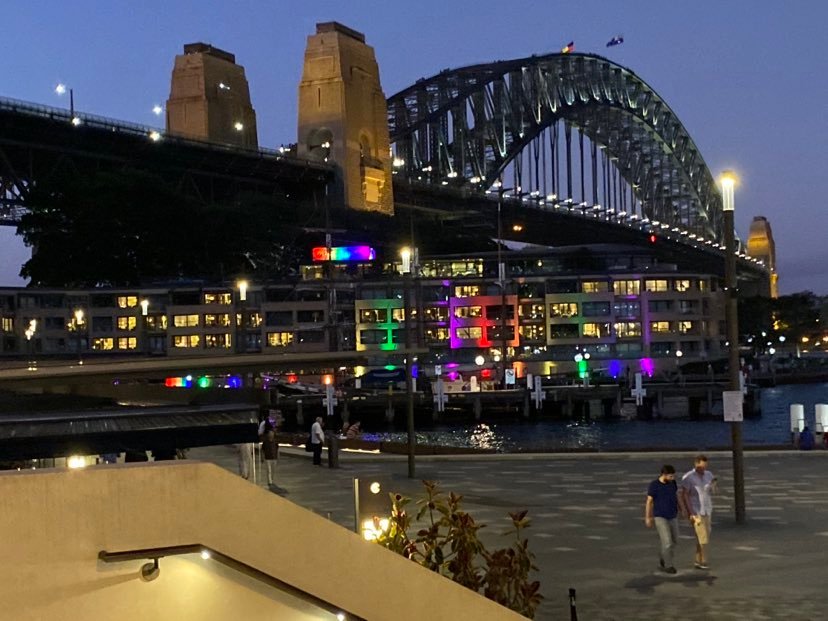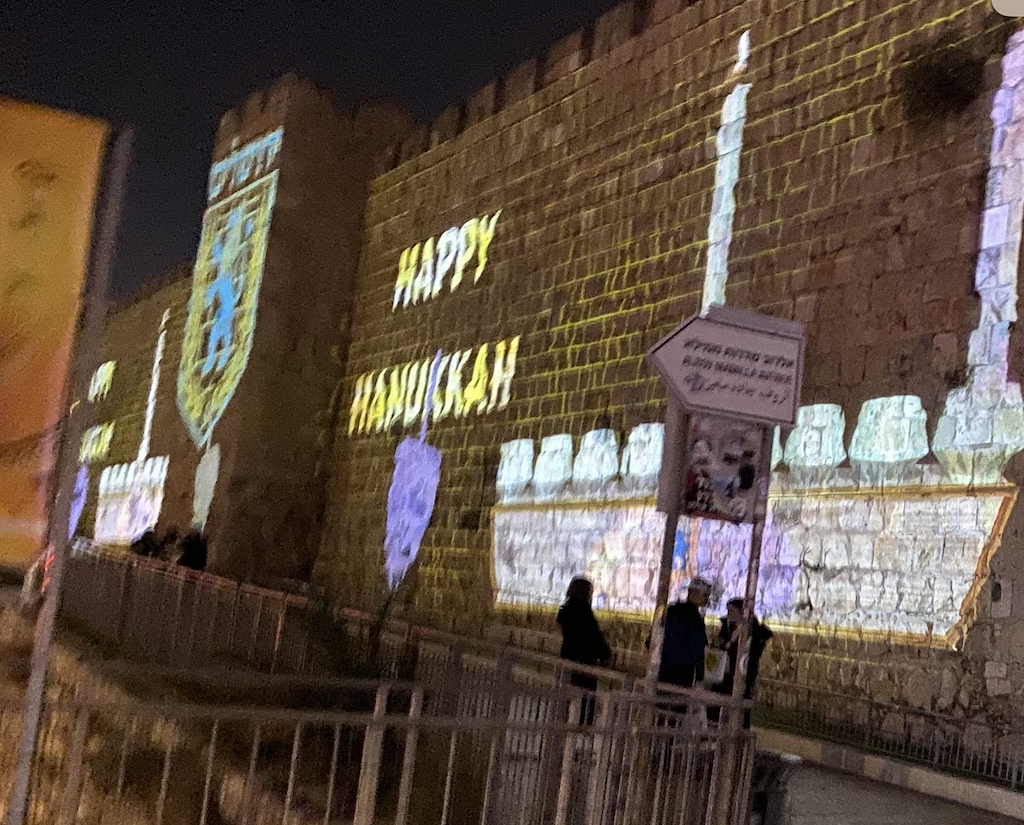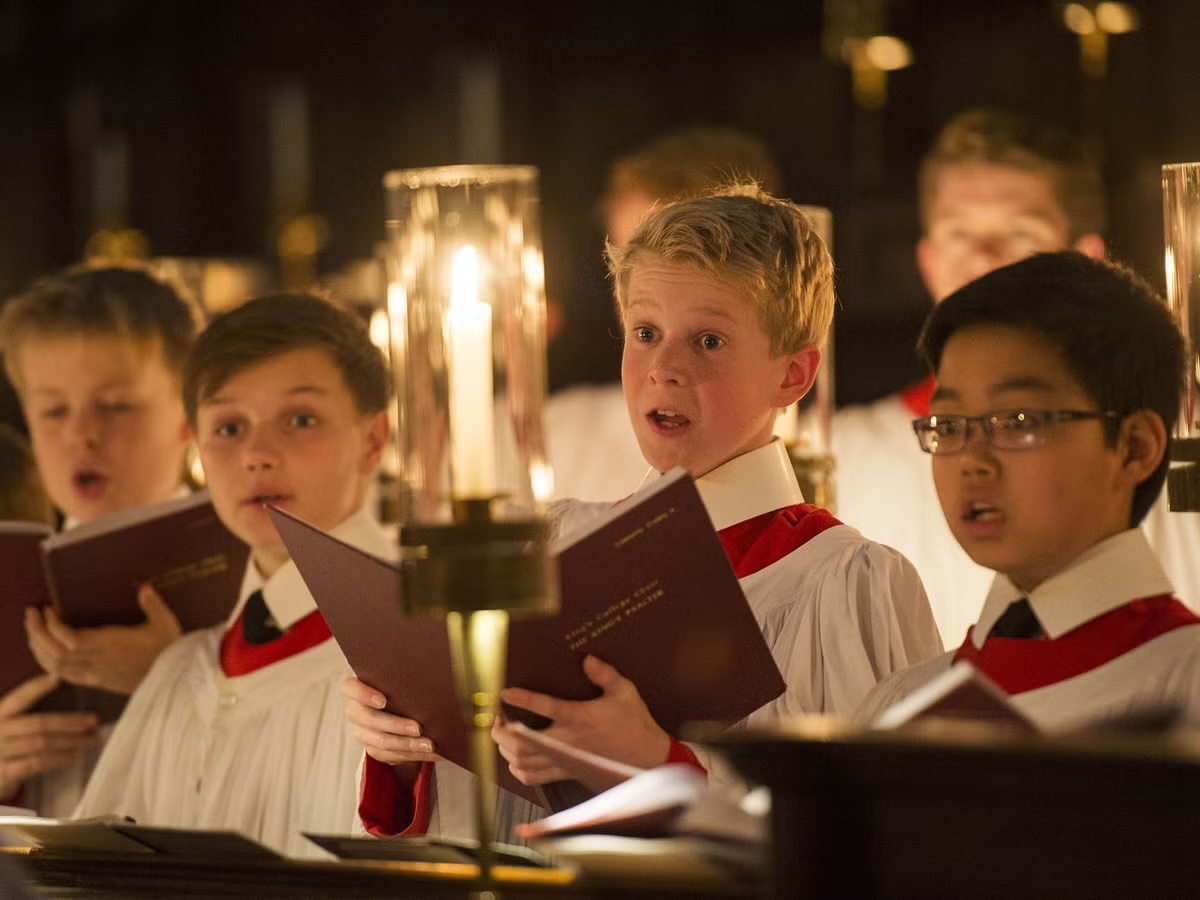February 23, 2023
What Do We Take Pride In During Pride Month?

I was speaking to a Chinese ministry worker in Sydney last week who told me that when a pastor is released from prison in mainland China, his church community does the exact opposite of what would be expected, especially in an honour/shame culture such as China.
Instead of skulking out by a side door to lick their wounds, the pastor is greeted at the prison gates by his family and his church family with flowers and gifts and plenty of photo opportunities with the prison as a backdrop. The church basically gathers around their pastor and intentionally turns what they government means for their shame into their glory. In short, they take pride in the opportunity to share in the sufferings of Jesus. In a sense, that prison, if you squint, starts to look more and more cruciform.
The church in China is being squeezed and buffeted and shamed into acquiescence, and there are some in the State recognised churches who are more than happy to comply. There are others, however, who are more than happy to – indeed proud to – glory in their shame in this age, for the sake of the age to come.
That idea of pride, the turning of cultural shame into gospel glory is the backdrop for so many evangelicals in the West today, especially in a city such as Sydney, where I was last week. It was hard to go anywhere in the CBD, or even in the outer ‘burbs, without being reminded that it’s Pride Month and that the WorldPride event is taking place there, coinciding with the Mardis Gras this coming weekend.
And by gosh, isn’t every billboard, ATM, shopfront, and major corporation reminding us. It ranged from stories of individuals stepping out in their pride that scrolled up continuously on the glass sides of the bus shelters, to the large mural on the side of a building in busy Pitt Street of a slightly portly animal/man, a human body in tight bondage gear with a teddy-bear-like head.
Every set of steps was rainbow coloured, every skyscraper was lit with those same colours, every pub was covered in rainbow bunting, and even the run I did around Barangaroo got me following a yellow (and red, orange, green, blue and violet) brick road in Oz. One wonders if they note the irony that the reality of Oz is a chimera.
Perhaps the most challenging statement – and the one with the least sense of irony – was on the Ernst and Young (EY) building down near the famed Sydney Circular Quay. My friend, whose church weekend away I had just spoken at, was walking with me after his church’s evening service in the city after the camp. We were heading off for a burger and a drink after a big weekend. And we just couldn’t help but stop to take pictures.
Have a look at the wording:

“We all belong in a world full of pride.” Yes, yes of course we do. We know that intimately. It is a world full of pride. Clearly the irony of that from a biblical theological standpoint is lost on EY, as they sought to ensure that they had a coloured silhouette in a wheelchair just to make sure they’re covering all the bases.
Come to think of it the only faceless person missing from the facade of the EY building were the homeless people who stack up like cords of wood in the doorways of Sydney’s commercial properties overnight. They’re not so colourful themselves though. They’ve generally been reduced by life and poverty and hardship and addiction to a bland matted grey colour, in which its hard to tell where the three layers of clothes ends and the face and hands begin. It was a reminder that the Pride juggernaut is fuelled by huge monies and massive cultural weight that is alluring in a way that only beautiful apocalypses can be.
What was interesting were the conversations I had at the church weekend away with many of the young families living in the inner suburbs of Sydney. At one and the same time they are feeling the pressure to acknowledge in their own workplaces that they too take pride in Pride.
But not only that, there’s immense pressure to stack up to the lifestyle of ease, comfort and increasing wealth of their peers and neighbours. I spoke to one couple who run a start-up about life in a two bedroom apartment with one child and one on the way, surrounded by a sea of wealth, huge houses and the continual upgrading of jobs, houses, and investment portfolios. Oh. and wives. It was interesting how many of the young mums who walked their kids to schools with other young mums whose husbands were on their third round. Women in their thirties with husbands in their late fifties. Pride doesn’t just come in rainbow colours, it’s often just the colour of money.
One of the observations was that to quietly refuse to put a rainbow sticker in your business window in the local area is a recipe for financial decline. These things get noticed. It reminded me once again of the famed Vaclav Havel essay “The Power of the Powerless” in which he describes a fictional greengrocer who, against his true beliefs, but in line with the cultural narrative, displays the sign of socialist hegemony in his shop window: Workers of the World Unite. The government cares little if he believes it, merely that he publicly acknowledges it along with the rest of his believing/unbelieving citizen comrades. The plausibility structure of the elite rulers must be enforced.
The theological pressure of course is to resist the call to whatever version of pride takes your fancy. For that’s the point of WorldPride isn’t it? Everything’s up for grabs. To say otherwise is to the be a recalcitrant greengrocer. And Havel, famous as the former dissident turned President of the Czech Republic, well knew what happened to those who were recalcitrant.
Of course the point of WorldPride and Mardi Gras is that once it was the queer community that was on the cultural outer and was rejected by those at the centre. That’s what makes this complex. The history of sexual minorities is not one littered in live-and-let-live. Which is perhaps why, now that such minorities have moved with breath-taking speed to the centre of the culture (witnessed to by the fact of how awash with corporate money the whole movement is), that live-and-let-live is not their preferred option for those who now find themselves in the minority.
The great irony of course is that even with overwhelming corporate, government and public acceptance, nay pride, that the need to muster up the courage to be proud of one’s minority sexual position is still required. From a theological perspective that simply tells me that what we’re seeing here is a massive suppression movement by the cultural frame.
There is clearly nothing to be ashamed of – at least there is no cultural cost, indeed there is cultural cachet, – in being a sexual minority. Yet shame persists. Go figure! And it has to come from somewhere. In a generation’s time when the shame-shoe is on the other foot, WorldPride and Mardi Gras will still be required. Romans 1’s reality is hard to suppress, but with enough time, money, event management and planning it can be done. It is being done. Year by implacable year.
And we know which foot the shame shoe is on now, by the sotto voce approach Christians in cities such as Sydney take to the whole matter. Another Christian friend was saying that his own teenage children wear rainbow colours and want to know what’s wrong with something that looks so beautiful. There’s no longer a “yuck factor” lever that an older Christian generation used to pull.
And coupled with institutional abuse issues, younger generations are being discipled away from a vision of human flourishing that the Bible teaches (it looks so vanilla after all), and towards the rainbow coloured vision that has money to burn. Competing with the discipleship program that the Sexual Revolution has crafted over sixty years takes a lot of hard work. And who wants to put that work in anymore?
Perhaps there was a Christian generation that assumed the post-modern playbook’s faux promise that we would live in a truly diverse marketplace of ideas, one in which no dominant narrative would prevail. This was patently false, and anyone who could read under the surface of the text (irony of ironies), would have realised that the agenda was to first posit a new reality, then create it, and then finally enforce it with both public pride and public shame.
Such commitment to “outing” religious people is amply seen in an interview today in The Australian newspaper with one of our elite female cricketers who happens to be gay. Megan Schutt is angry that Cricket Australia does not have a permanent rainbow flag with “trans inclusive, everything inclusive flag”. And as for those pesky religious folk who wish to be included?:
“It’s not that hard to be inclusive. A lot of it is hidden behind religion, and they can hide behind their little reasons, but it’s pure bigotry really.”
In other words, Megan, it is that hard to be inclusive. In a world in which there is no common vision of human flourishing, there are going to be those included and excluded still. That’s the way these things work. And I don’t think you’re blind to that. I don’t think you’d be all that upset if those who are truly diverse (religiously and ethnically as it happens to be on this issue) become the ones excluded. Every revolution needs to crack a few eggs to make an omelette.
The sin of bigotry is the last sin on the block. Yet one wonders, as the “T” comes apart from the “LGB”, now that the civil war that will inevitably begin now that the revolutionary has been won, what will happen when the first male-to-female transitioners start hitting the medium pacers of women bowlers out of the ground with frustrating consistency.
Perhaps my overall take from being in Sydney for a week (a city I visit with increasing regularity) is the nervousness among Christians there about how to navigate it all. Sydney is, after all, a glorious city, and shame and suffering don’t sit well in the Babylons of this world. Many will have to dodge and weave for as long as they can. But with the cultural, commercial and legal money and influence tied up by the Sexular Age, the days of having an opinion that is viewed as anything else but “bigot” are waning.
Incidentally, I spoke on the book of Daniel on that church weekend away. Looking at the big themes and where we are headed in this beautiful apocalypse in which we appear to be “on the wrong side of history”. Each of the chapters had a pivot moment – a point in which a decision was to be made either way.
The key pivot moment in Daniel 1, when all has been sorted, and the Jewish exiles are being domesticated by King Nebuchadnezzar’s program of cultural “awakening” is this: “But Daniel resolved not to defile himself with the royal food and wine.”
In his commentary on this passage Tremper Longman points out that this is not about kosher requirements (it was a three year project for Daniel and his friends). No, it was about to whom would they attribute any success they had when their training was done? In other words, who was their sustainer? And hence, to whom would they own their allegiance? Daniel and his friends had made an a priori decision – a resolution – as to what they would do. They’d settled the matter before the pressure to conform had arrived.
And the crunch period is in Daniel’s request: “Test your servants these ten days.” That’s the true test isn’t it? Perhaps by day four Daniel and his friends did not look any better, or indeed might have looked leaner and more wan than the wine and meat buffs at the table. Perhaps. But he’s not holding to external plausibilities. He’s resolved to find the source of his justification in God.
Perhaps, as we watch the WorldPride, and as we walk past EY’s statement of faith, our plausibility is up for grabs. Perhaps we are tempted to think we should just ditch the vegetables of orthodoxy for the enticing, alluring, and seemingly plausible wine and meat with its shingle Eaters of the World Unite. Perhaps there’s just too much shame on day four of the experiment to think that we can last it out until ten days. And even then, perhaps we are hoping that this whole Pride thing comes crashing down and is shown up for what it is.
And it may. But if not. But if not. Funny, those words “But if not”, are the words Daniel’s three friends utter as they are about to be thrown to the fiery furnace. God can rescue us from you oh king if he so chooses, “but if not”…
Truth be told we may be on day four of our vegetable orthodoxy, and we may discover that we are in a “but if not” reality, and the cultural flames are set to scorch us despite our faithfulness. Because of our faithfulness! But the story of the Bible, indeed story after story in the Bible, is a “day four, but if not” reality for God’s faithful people, sometimes with vindication in this age, and sometimes without it.
And that’s something our Chinese brothers and sisters have grasped deep down at the root of their being. I don’t suggest that we’re engaging in direction correlation with their experiences, but they certainly resolved before the pressure came that they would, in accordance with Scripture, glory in their shame. What might it mean for us, so often used to being the ones who have the cultural glory, to create and sustain communities on the vegetables of shame, knowing that God is testing us these ten days?
What would it mean to lean deep into the reality that whenever we suffer social ostracisation for the sake of the gospel we are blessed (not merely will be blessed)? Perhaps our Chinese brothers and sisters are leading the way for us who are experiencing the soft totalitarianism of self-censorship and impending cultural imprisonment, in which the default societal response to our orthodoxy is “bigot”. And it’s hard isn’t it, watching many fellow exiles cave in and start slurping and gulping the wine and meat on offer? Yet, ultimately their glory is their shame.
May our shame be to His glory on the day when a world full of pride, whether that pride be sexual, financial, cultural, religious, individualistic, or godless, is itself shamed, and its facade ripped away. And may we content ourselves with a “But if not..” reality, knowing that our King will be with us in the flames.
Written by
There is no guarantee that Jesus will return in our desired timeframe. Yet we have no reason to be anxious, because even if the timeframe is not guaranteed, the outcome is! We don’t have to waste energy being anxious; we can put it to better use.
Stephen McAlpine – futureproof
Stay in the know
Receive content updates, new blog articles and upcoming events all to your inbox.


